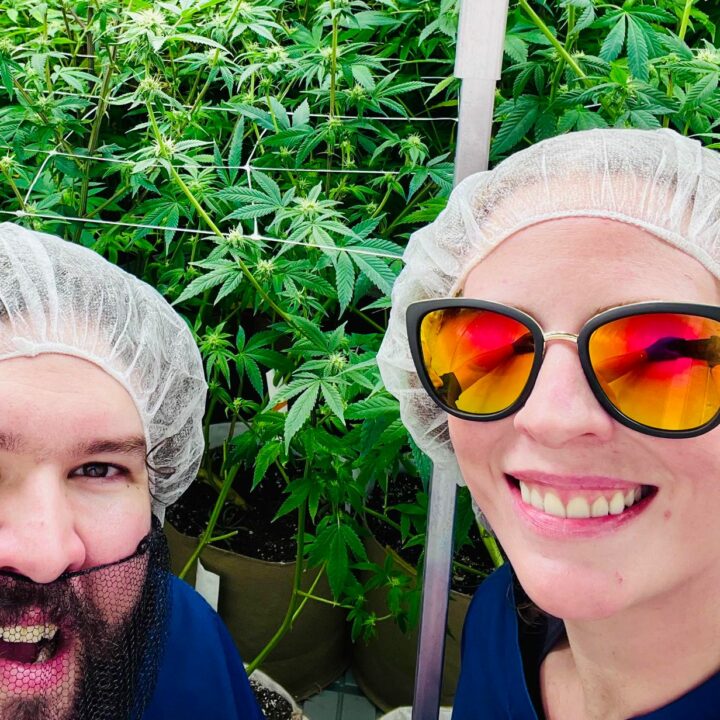4/20 in 2018: From Rebellion to Celebration
As we enter this year’s April 20th, we have to wonder what 2019’s 4/20 will look like after Canada becomes the second country in the world to legalize recreational cannabis.
The day was originally designed to be a rebellion, a statement of counterculture, a push for acceptance and legalization. But 4/20 no longer means “stoners” skipping work and school to smoke up in a park. If participating is no longer a statement to society, will a new statement be made? Or will legalization turn it into a commercial holiday representing consumerism, much like St. Patrick’s Day? The question we as new legal cannabis market participants have to ask is: how do we strike a balance between the spirit of 4/20 – designed to go against the mainstream – and the mainstream, who will now be the consumers?
There is much uncertainty, but I think we can see two points to be true. The first: next year will be very different from this year. The second: we can use this day to celebrate how far the industry has come – and where it’s now headed.
To provide an example of the evolution of 4/20, we can look to Vancouver. In Vancouver, 4/20 has morphed into a large, day-long festival complete with road shutdowns and police supervision. A huge part of the event is a large marketplace where vendors set up rows of booths selling dried flower, edibles, and every type of accessory imaginable. This part of 4/20 interests me most. How will this marketplace adapt under legalization? Will we still see the small, “craft” products out next year, in a Farmers’ Market-esque scenario? Will the city of Vancouver remain lax in their policing of these unregulated growers, or will they crack down on anyone who doesn’t have a license? The irony is thick in that it’s likely these small market participants have been granted a 4/20 hall pass all those years when cannabis was illegal, only to have officials crack down once legalization is passed.
It’s my hope that 4/20 does become a celebration of industry, and that 4/20 festivals can maintain the spirit of these cannabis marketplaces, but with a more organized approach that follows the structure of other businesses in Canada. Isn’t that what the conversion to a recreational legalization is meant to fulfill? Aren’t we working towards the integration of the existing black market economy into a legal one that can generate tax revenues and regulate responsible consumption? Maybe this is a greater representation of how legalization will change cannabis in our country: from counterculture to corporate. And, if we can responsibly represent marginalized communities and effectively integrate the existing market, is that necessarily a bad thing? Let’s not forget that by 2017 Colorado, with a population of 5.5 million, had already brought in over $500 million USD in tax and licensing revenue from legal cannabis since retail sales began in 2014.
As regulations are set and recreational consumption becomes a) legal and b) more widely accepted by the mainstream, we’re going to see more people enjoy cannabis. Those who don’t want to break the law but still enjoy the benefits will become customers. That could expand 4/20 celebration, not diminish it.
In the past, 4/20 was a call to action for, among other things, political and societal change. Now that change is happening, we get to make a new call to action. I suggest a celebration of new industry and progressive social perspectives.
Image credit to Dana Larsen at Cannabis Culture.
Share This



